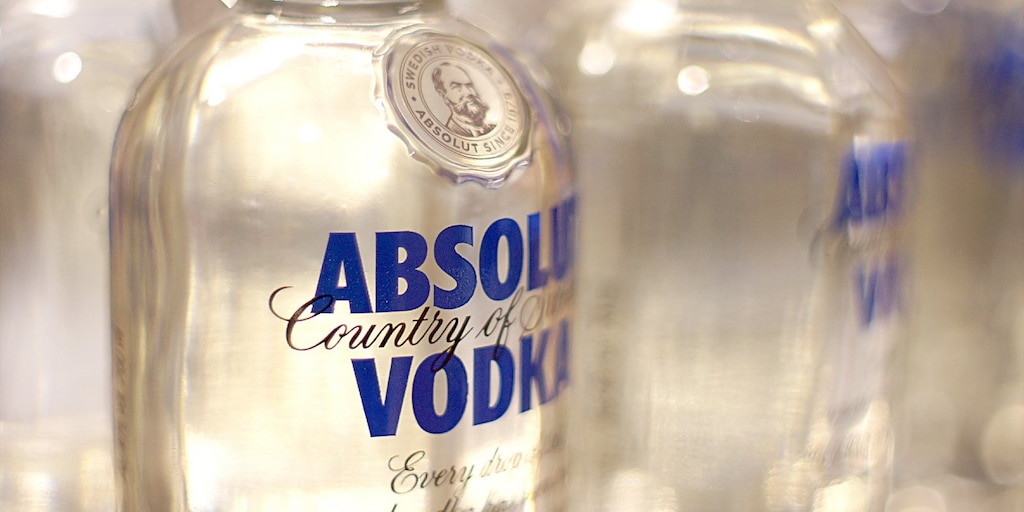 Flickr Creative Commonsn/Wari
Flickr Creative Commonsn/Wari
- Pernod Ricard, the maker of Absolut vodka and Malibu rum, is feeling the pain from China’s anti-crime campaign.
- The liquor giant’s sales of Chivas Regal whisky fell last quarter as the Chinese government cracked down on money laundering, drug dealing, and prostitution by forcing nightclubs and karaoke bars or “KTVs” to close earlier.
- The campaign is “leading in some cases to temporary closures of KTVs and as well some modern clubs have to close a bit earlier than they should, let’s say,” Pernod Ricard’s head of finance, IT, and operations said.
- Watch Pernod Ricard trade live on Markets Insider.
The maker of Absolut vodka and Malibu rum is feeling the pain from China’s anti-crime campaign.
Pernod Ricard’s sales of Chivas Regal whisky fell last quarter as the Chinese government cracked down on money laundering, drug dealing, and prostitution by forcing nightclubs and karaoke bars or “KTVs” to close earlier.
“Chivas is in decline due to the challenging on-trade environment,” Helene de Tissot — the liquor giant’s head of finance, IT, and operations — said on its first-quarter earnings call this week. China’s policing efforts are “leading in some cases to temporary closures of KTVs and as well some modern clubs have to close a bit earlier than they should, let’s say,” she added.
“On trade” refers to sales to hotels, bars and restaurants. The tough backdrop limited Pernod Ricard’s revenue growth in China to 6%, down from 27% in the same period of 2018, its earnings report showed. Overall revenue climbed 4%, reflecting higher sales in the US and India, offset by a 6% drop in global travel retail sales. Concerned investors sent Pernod Ricard’s shares down 4% on the news.
Chinese authorities launched a three-year, nationwide campaign to tackle organized crime last year, targeting both gang members and corrupt officials. They’ve temporarily shut down an estimated 21,000 nightclubs and bars across the country, affecting 3 million employees, the Global Times reported in June. More than 79,000 suspects had been detained as of March, Xinhua reported.
 Markets Insider
Markets Insider













